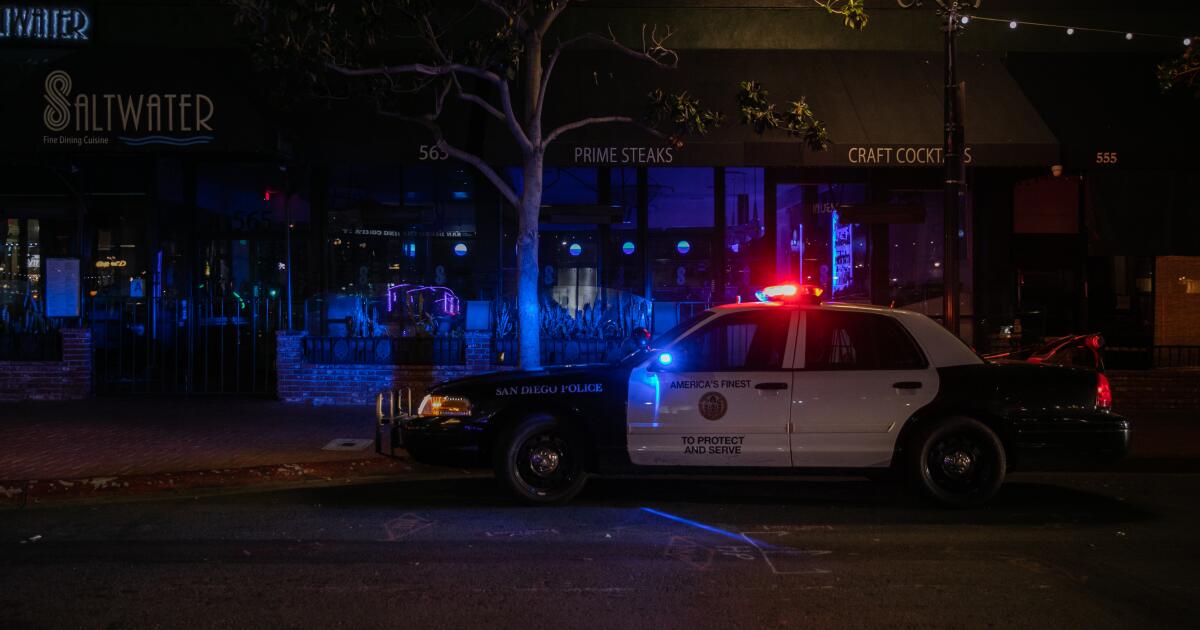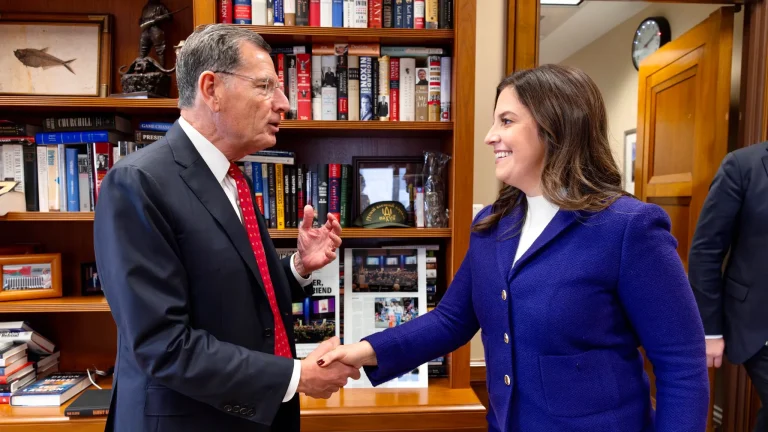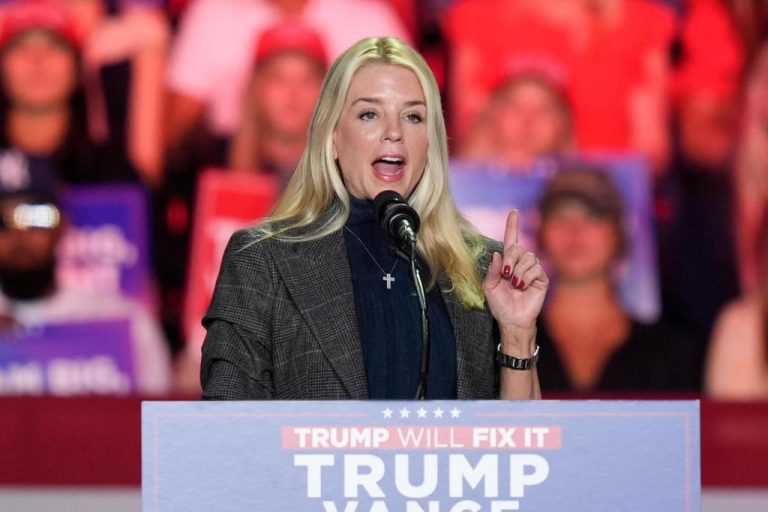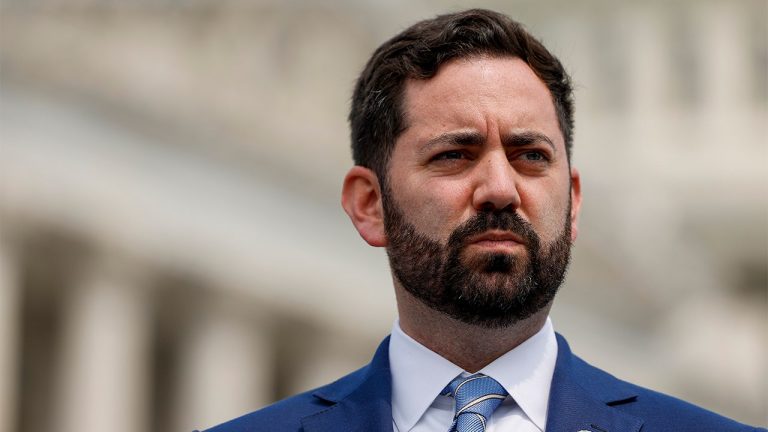

In a test of California’s Racial Justice Act, a state appellate court is giving a Black man a second chance to prove his allegations that his 2022 traffic stop and subsequent arrest by San Diego police was prompted by unconscious racial bias.
The 4th District Court of Appeal found that the San Diego Superior Court judge who initially heard concerns the driver raised under the three-year-old law “fail(ed) to address the abundant evidence suggesting that the traffic stop may have been the product of unintended racial bias.”
The unanimous three-judge panel found that by relying on the conclusion that the officer didn’t know the driver’s race, the judge “ignored the possibility that the officer’s actions were a product of an implicit bias that associated things the officer did know — the location of the stop and the clothing (the driver) was wearing — with race.”
The court ordered that the lower court rehear the case, this time with the idea of implicit bias in mind.
The ruling, published last week, stems from one of just a few local cases that have tested the state’s Racial Justice Act, which is designed to ensure that race does not factor in the administration of justice. The law went into effect in 2021.
The appellate court said the judge’s reasoning “ignores a central premise of the Racial Justice Act — that bias can be unconscious and implied as well as conscious and express.”
In the case at hand, according to the appellate ruling, San Diego police Officer Ryan Cameron drove past a car on El Cajon Boulevard in January 2022, then quickly made a U-turn and pulled the car over. The driver, Tommy Bonds III, was ultimately cited with a misdemeanor for having a concealed weapon. The gun was legally registered and unloaded in the back of the car, and Bonds had informed the officer about it during the stop.
Bonds questioned — both immediately during the traffic stop and later in court — whether he was pulled over because he was Black.
In a hearing to review Bonds’ Racial Justice Act concerns, Cameron testified he had not seen the driver’s race before deciding to initiate the traffic stop. He did say he saw the person was wearing a hooded sweatshirt with the hood up — which a defense expert argued is clothing that has become “criminalized” depending on who is wearing it.
Prosecutors argued that officers cannot show even implicit bias if they don’t know the race of the person.
Superior Court Judge Howard Shore found that the officer had not shown bias.
The panel noted that the judge’s ruling “never mentions implied or implicit bias.”
The panel found the law clearly states that the defendant doesn’t have to prove intentional discrimination. “The trial court seems to have misunderstood this crucial element of the statute.”
“Thus, it was not necessary that Cameron had verified the occupants were Black before he stopped their vehicle, because he may well have subconsciously assumed they were based on their clothing, their presence in the neighborhood, or other subtle factors,” the court said.
The San Diego Police Department declined to comment, citing the ongoing litigation. So did the City Attorney’s Office, which brought the initial criminal case against Bonds.
Public Defender Paul Rodriguez, whose office represented Bonds in the appeal, said he was grateful for the appellate court’s “careful consideration” of the case.
“As the Court highlighted, the Racial Justice Act acknowledges that criminal prosecutions and sentences are not always race neutral and that racial bias, whether conscious and express or unconscious and implied, is intolerable to a fair criminal justice system,” he said.
The outcome of the case could ultimately impact future challenges brought under the Racial Justice Act, which has been used sparingly in the county so far.
The Public Defender’s Office — which handles defense work in about 90 percent of the region’s several thousands of criminal cases — has filed Racial Justice Act motions in roughly 25 cases since the law was enacted.
The City Attorney’s Office could not immediately say how many Racial Justice Act challenges it has faced.
The District Attorney’s Office, which is not a party to this case but filed a brief in support of the prosecution, said Wednesday that it has addressed 12 challenges based on the act. “So far, we have never had a case where a judge found the defendant’s claim valid under the law,” a district attorney spokesperson said.
The officer was with the police department’s Special Operations Unit, which previously had been called the Gang Suppression Unit. On the night in question, the officer was part of a saturation patrol doing “proactive enforcement.”
According to the filing, the officer was headed west on El Cajon Boulevard, saw Bonds’ car headed east and immediately made a U-turn and hit the lights to pull the car over.
The conversation was caught on the officer’s body-worn camera, and also laid out in the appellate opinion.
“(Y)ou turn around like you saw two guys, like, two Black guys in the car obviously,” Bonds told the officer.
“Well, part of it the hoodies up and stuff, just …” the officer said.
“I mean, it’s cold outside,” Bonds replied.
“(T)he climate and everything that’s goin’ on in this city these days, so,” Cameron continued.
Bonds soon asked: “Do you all pull over White people like that?”
The officer told Bonds that he actually gets pulled over often for his extensive tattoos and backward hat. (The officer later testified this was not true, rather a device he used to forge a connection and to de-escalate encounters.)
The officer testified he pulled Bonds over for a rear license plate violation. The appeals court ruling noted that the officer did not say how he noticed the violation of the plate on the back of the car when he had approached from the front, or what prompted him to make the U-turn.
Shore, the judge in the Bonds matter, was recently accused of making “racist and insensitive comments” both in his courtroom and in a private meeting with two chief public defenders. In response, the chiefs have asked him to recuse himself from one particular homicide case involving a Racial Justice Act motion, as well as all other cases brought by their office.
The judge denied their allegations, denying their request and writing in a court filing that some of his comments were taken out of context and others were not true.
Separately, California’s Commission on Judicial Performance censured Shore in December over what it called a “serious dereliction of duty” for missing 155 court days without authorization in 2021 and 2022.






